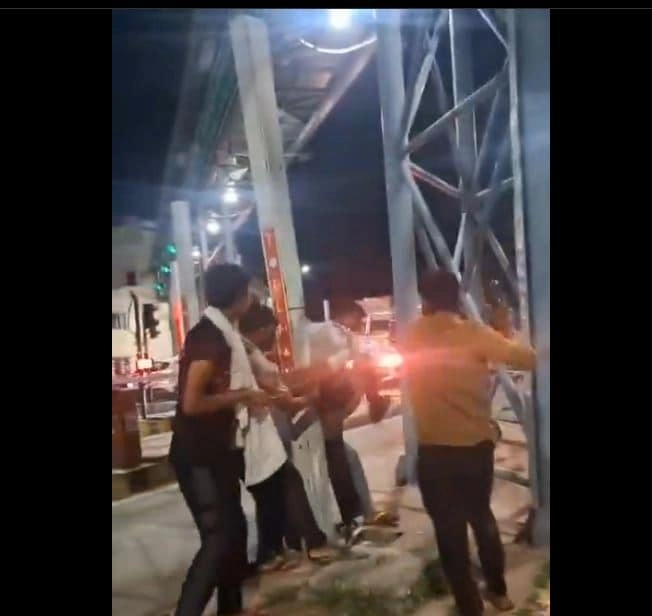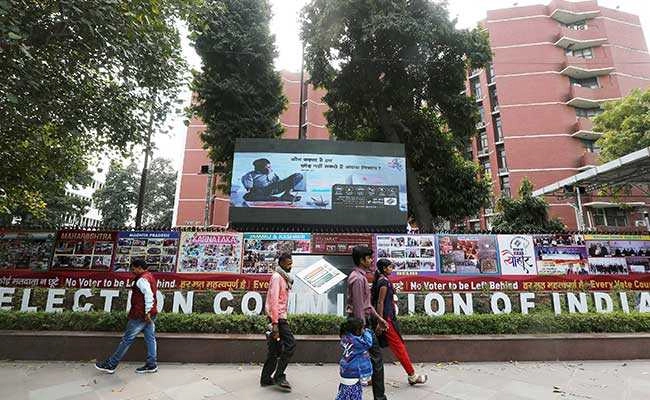In a recent ruling, the court addressed the sensitive issue of dowry deaths, emphasizing the impact such tragedies have on the foundational principles of dignity and respect within society. The court acknowledged the severity of dowry-related offenses, which often lead to the untimely demise of women due to the relentless pressures and demands from their in-laws. Such practices not only violate human rights but also undermine the very fabric of dignity that should be afforded to every individual, particularly women. The court’s observations brought to light the need for greater societal awareness and a collective effort to eradicate the deeply entrenched customs associated with dowry.
However, in its judgment, the court also made it clear that a blanket ban on bail for those accused of dowry deaths would not be imposed. The judges reasoned that each case must be evaluated on its individual merits, taking into account the specific circumstances and evidence presented. This approach highlights the importance of maintaining a balanced judicial system, where the rights of the accused are also considered alongside the gravity of the alleged offense. The court’s stance reflects a nuanced understanding of the legal process, ensuring that justice is served without compromising the principles of fairness and due process.
The ruling serves as a reminder of the ongoing struggle against dowry-related violence and the necessity for comprehensive legal reforms. While the court’s decision underscores the seriousness of dowry deaths, it also calls for a broader dialogue about the cultural practices that perpetuate such violence. Society must engage in introspection and actively challenge the norms that devalue women’s lives in the context of marriage. By fostering a culture of respect and equality, we can begin to dismantle the structures that support dowry practices and protect the dignity of all individuals, particularly women who are often the most vulnerable in these situations. The court’s ruling is a step toward acknowledging the complexities of dowry deaths while advocating for justice and reform in a way that respects the legal rights of all parties involved.




